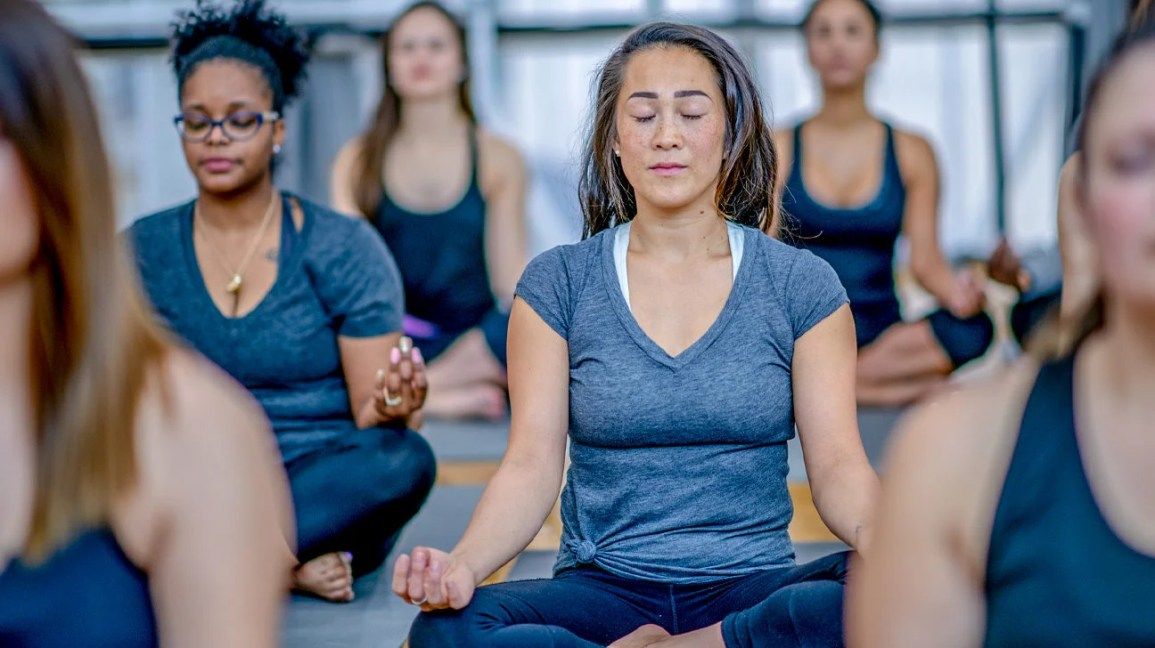How to Overcome Anxiety with Daily Exercise
In today’s fast-paced world, it’s no surprise that many people struggle with anxiety. From work stress to social pressures, there are countless factors that can contribute to feelings of unease and worry. While there are many ways to manage anxiety, one of the most effective and natural methods is through daily exercise.
The Benefits of Exercise for Anxiety Relief
Exercise has long been known to have a positive impact on both physical and mental health. When it comes to anxiety, regular exercise can help in a variety of ways:
Release of Endorphins: Exercise triggers the release of endorphins, which are often referred to as the “feel-good” hormones. These chemicals can help to boost your mood and reduce feelings of anxiety.
Reduced Cortisol Levels: Physical activity can also help to lower cortisol levels, which are often elevated in people who experience chronic stress and anxiety. By reducing cortisol, exercise can help to calm the mind and body.
Improved Sleep: Anxiety can often disrupt sleep patterns, leading to a vicious cycle of worry and fatigue. Regular exercise can help to improve the quality of your sleep, leading to a more restful and rejuvenating night’s rest.
Distraction and Focus: Engaging in physical activity can help to distract your mind from anxious thoughts and provide a sense of focus. Whether you’re going for a run or practicing yoga, exercise can help you stay present in the moment and reduce rumination.
Creating an Exercise Routine for Anxiety Relief
If you’re looking to incorporate exercise into your daily routine to help manage anxiety, here are a few tips to get you started:
Choose Activities You Enjoy
One of the most important aspects of sticking to an exercise routine is to choose activities that you enjoy. Whether you prefer jogging, weightlifting, swimming, or dancing, find a form of exercise that brings you joy and makes you feel good.
Start Slow and Build Up
If you’re new to exercise or have been inactive for a while, it’s important to start slow and gradually build up your fitness level. Set achievable goals for yourself and listen to your body to avoid injury or burnout.
Make Exercise a Priority
Just like brushing your teeth or eating healthy meals, make exercise a non-negotiable part of your daily routine. Schedule time for physical activity and treat it as an important appointment with yourself.
Practice Mindful Movement
Avoid turning exercise into another source of stress by practicing mindful movement. Pay attention to your body and how it feels during exercise, and let go of any self-criticism or judgment. Focus on the present moment and the positive benefits of physical activity.
Conclusion
In conclusion, exercise can be a powerful tool for managing anxiety and promoting overall well-being. By incorporating regular physical activity into your daily routine, you can experience a wide range of benefits, from improved mood and reduced stress to better sleep and increased focus. Remember to choose activities that you enjoy, start slow, make exercise a priority, and practice mindful movement to make the most of your anxiety-relieving workout sessions. So lace up your sneakers, grab your yoga mat, or hit the gym, and start reaping the mental health benefits of daily exercise.


